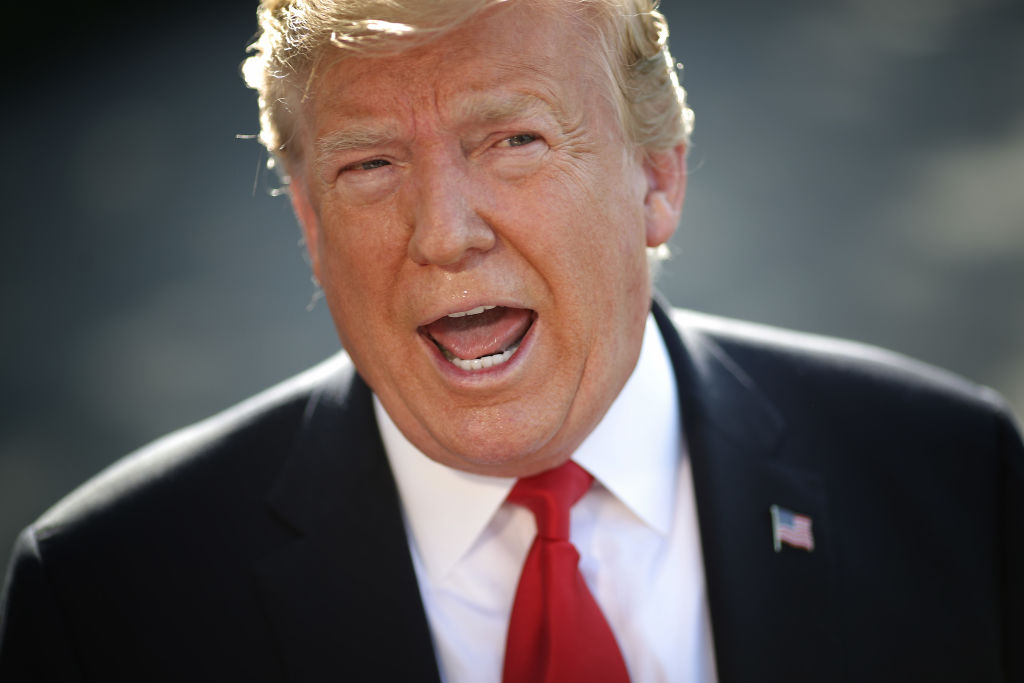
"If another country changes its trade policies in a way that hurts the United States, then the United States - probably through Congressional action - should be able to respond by changing the United States' trade policy. Perhaps even the president, without Congressional approval, should be allowed to change trade policy, although that's less clear. But if another country does something completely unrelated to trade - say, for example, prosecuting a former government official for corruption -"
"That's what President Donald Trump has done. Brazil is prosecuting Jair Bolsonaro for crimes related to an alleged coup. Trump is unhappy with this, so he's unilaterally imposed a 50% tariff on goods imported from Brazil. Brazil's supposed offense has nothing to do with trade policy, but Trump thinks he can use U.S. trade policy as a method of coercion."
Reciprocal trade responses to actual trade harms can be legitimate, typically through Congressional action and sometimes via presidential authority. The president imposed a 50% tariff on Brazilian imports in reaction to Brazil prosecuting Jair Bolsonaro, an action unrelated to trade. Using trade policy to punish nontrade actions converts trade tools into instruments of coercion. That practice would grant the president nearly unrestrained power to force foreign governments to comply with political demands. The same coercive logic appears in threats to withhold unspecified federal funds from states over cashless bail, extending federal leverage into traditionally state-controlled criminal justice decisions.
Read at Above the Law
Unable to calculate read time
Collection
[
|
...
]